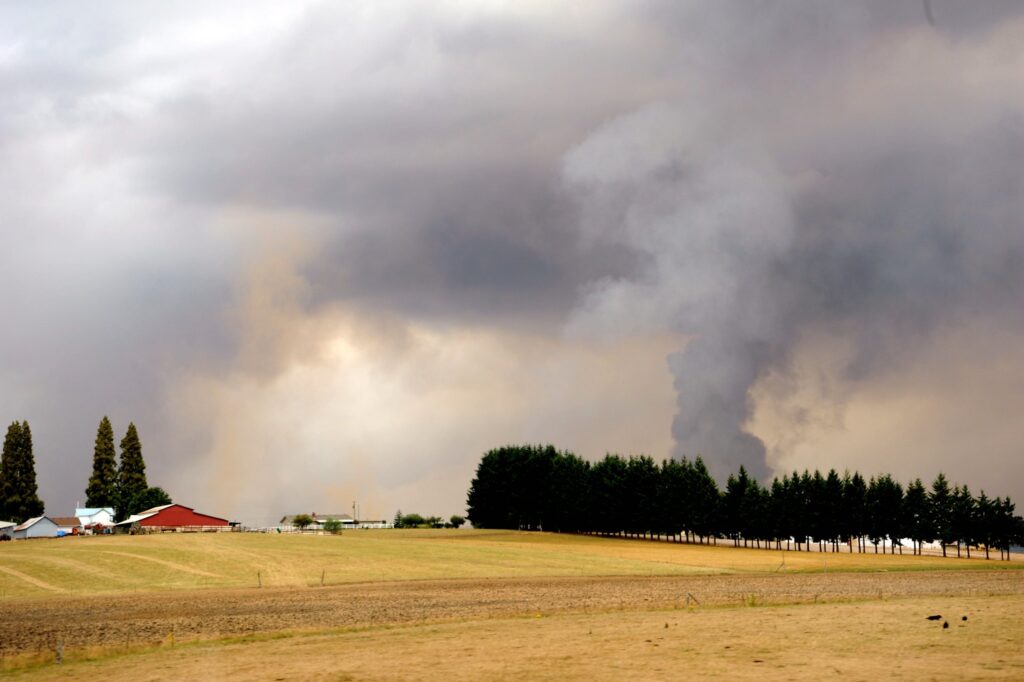Federal lands are home to many of the nation’s mature and old-growth forests, which serve as critical carbon sinks, provide millions of jobs, and underpin local economies, particularly in rural communities.
However, these magnificent ecosystems are threatened by climate impacts like insect outbreaks, invasive species, wildfires, and storms.
Currently, the Federal Government does not have a comprehensive understanding of the benefits provided by our nation’s lands, waters, and wildlife and how the changing climate will impact these resources.
This week, President Joe Biden signed an Executive Order to expand his Administration’s efforts to tackle the climate crisis and create a federal comprehensive picture through the 13-agency U.S. Global Change Research Program which will develop the first-ever assessment of the condition of nature within the United States.
Watch Joe Biden’s Earth Day address in Seattle.
The assessment will also provide a proactive look at how the environment might change in the future and identify opportunities for federal investments to help achieve the administration’s climate, health, environmental justice, and economic goals.
The plan, announced on Earth Day, would conduct the first-ever inventory of mature and old-growth forests on federal lands. The report will be completed and made publicly available in a year and will establish consistent definitions, accounting for regional and ecological variation.
The agencies will then analyze threats facing these forests, including from wildfires and other climate impacts.

After completing the inventory, The Department of Interior and the United States Department of Agriculture will develop new policies, with robust opportunity for public comment, to institutionalize climate-smart management and conservation strategies that address the threats facing mature and old-growth forests on federal lands.
A major driver of global deforestation is forest clearing to produce agricultural commodities like beef, soy, and palm oil. To combat those practices, the Department of State will lead development of a report on whole-of-government approaches to reduce or eliminate U.S. purchases of agricultural commodities grown on illegally or recently deforested lands, including through public-private partnerships to incentivize sustainable sourcing. These efforts will not only protect forests and human rights abroad, but also provide a level playing field for responsible agricultural producers at home.
Through the executive order signed this week, the Departments of Agriculture, Commerce, and the Interior will advance forest-related economic opportunities at the local and regional levels. These community-led opportunities will create and sustain jobs in outdoor recreation and in sustainable wood, paper, and other forest products, while supporting healthy, sustainably managed forests in timber communities
The Department of State will coordinate with other agencies to assess the broader use of foreign assistance, trade tools, finance, and international partnerships to combat deforestation and support sustainable forest management around the world, with special attention to the critical role played by Indigenous peoples and local communities and landholders in conserving and restoring forests.